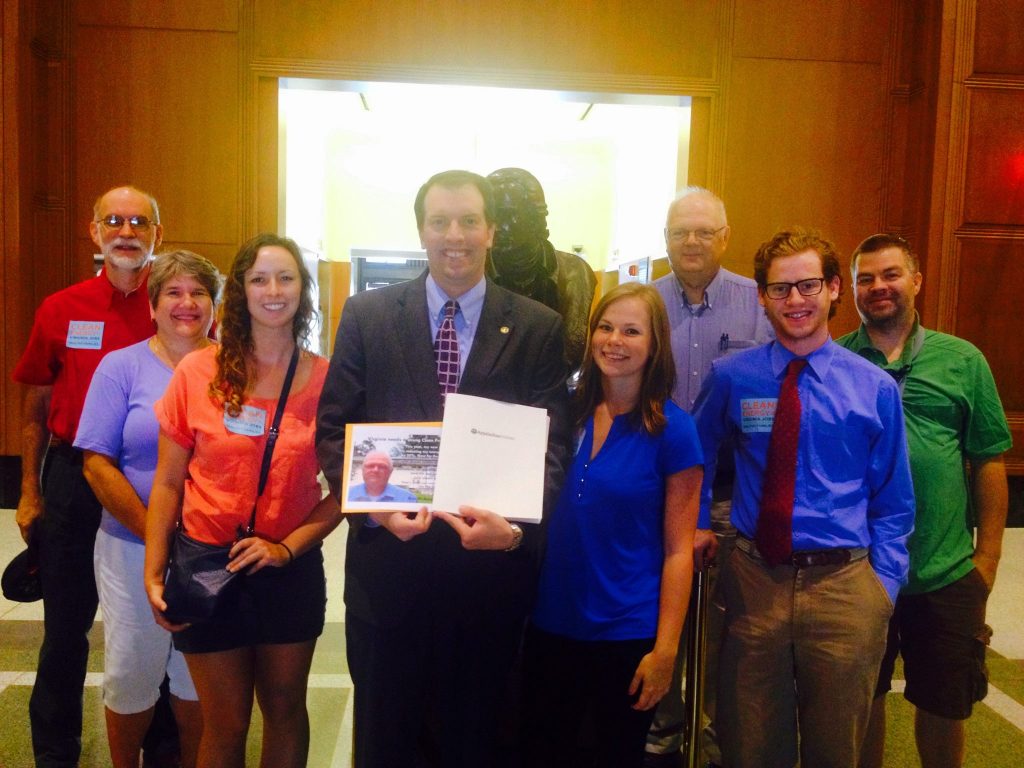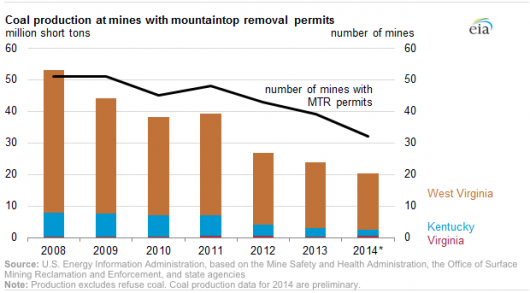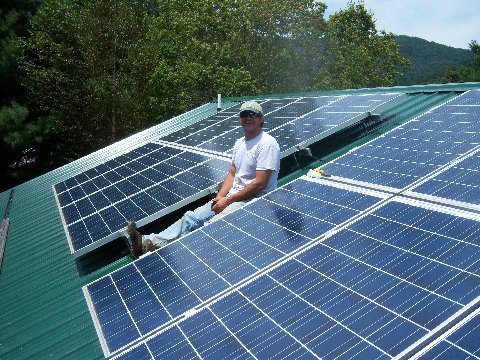Cleaning Up Coal Ash
For well over a century, power plants across the country have burned coal to generate electricity. And for just as long, leftover coal ash has been dumped in open, unlined pits near the power plant, usually located on a river or lake. Every year, U.S. power plants produce 130 million tons of coal ash, which is the second largest waste stream in the country after municipal garbage.
Coal ash concentrates the toxic heavy metals found in coal, including arsenic, mercury, lead and selenium. Stored in unlined, wet impoundments, coal ash has been leaking these toxics into our groundwater and surface waters for years. Sometimes these impoundments collapse — with disastrous results.
Yet government regulations for coal ash management are either non-existent or sparse, and there is little enforcement of the regulations that do exist. In North Carolina, this lack of oversight — and the complicity between state regulators, elected officials and Duke Energy — came to a boiling point in February 2014 when one of Duke’s coal ash impoundments spilled 39 million tons of ash into the Dan River.
Citizens living near North Carolina’s 33 coal ash impoundments — all of which have leaked — have fought for transparency from Duke and the state, and for cleanup of the pollution that threatens their property value, health and family. Their actions forced this issue into the headlines of news networks and to the forefront of environmental justice conversations in the United States.
Appalachian Voices stood with these communities as we worked for years to compel Duke Energy and the N.C. Department of Environmental Quality to excavate coal ash from all the North Carolina sites and dispose of it either in lined, dry landfills, away from waterways, or by recycling it for concrete or other uses, provided it’s done in a manner that protects public health and the environment.
On Jan. 2, 2020, North Carolina announced a historic settlement with one of the state’s most powerful corporations and polluters, Duke Energy. The settlement requires Duke to move nearly 80 million tons of toxic coal ash at six of its power plants to properly lined landfills onsite or recycle it.

Learn information about specific coal ash impoundments in the South, including health threats and safety ratings:
Additional Resources
Fact sheets, videos, links to academic research, and more
Sign Up to Act
Help us protect the health of our communities and waterways.
Latest News
Virginians’ electric bills could shrink under Clean Power Plan
A report by Public Citizen’s Climate Program details how the U.S. Environmental Protection Agency’s soon-to-be finalized standards on carbon pollution could lower Virginians’ power bills. The strategy for achieving this benefit is simple: invest in cost-effective energy efficiency programs first.
Interior Department Issues Draft Stream Protection Rule
Contact: Cat McCue, Communications Director, 434-293-6373, cat@appvoices.org Today,…
How much progress are we making on ending mountaintop removal?
Last week, the U.S. Energy Information Administration pointed to a steep decline in coal produced by mountaintop removal mining. But
a closer examination of the data calls into question the adequacy of the legal definition of “mountaintop removal” and, more importantly, demonstrates that much more work is needed to truly end destructive mining practices in Central Appalachia.
Eliminating poverty housing with efficient and alternative energy use
When North Carolina’s Ashe County Habitat for Humanity formed five years ago, seven people came together to study how to best build a home. They made a commitment not only to affordability, but also to energy savings, and the board voted to build all Ashe County Habitat houses to maximize efficiency and place an emphasis on alternative forms of energy.
Energy Efficiency Made Affordable
From electric cooperatives with solar farms to a smart energy finance program in Benham, Ky., communities are putting clean energy within reach.
Turning down the heat: A collaborative effort to reduce energy bills
Extreme temperatures can send electric utility bills skyrocketing across most of North Carolina and place high demands on the state’s electric utility infrastructure. Fortunately, proven models exist that expand access to financing for energy efficiency improvements for everybody, including those who may not qualify for loans under traditional underwriting criteria.









